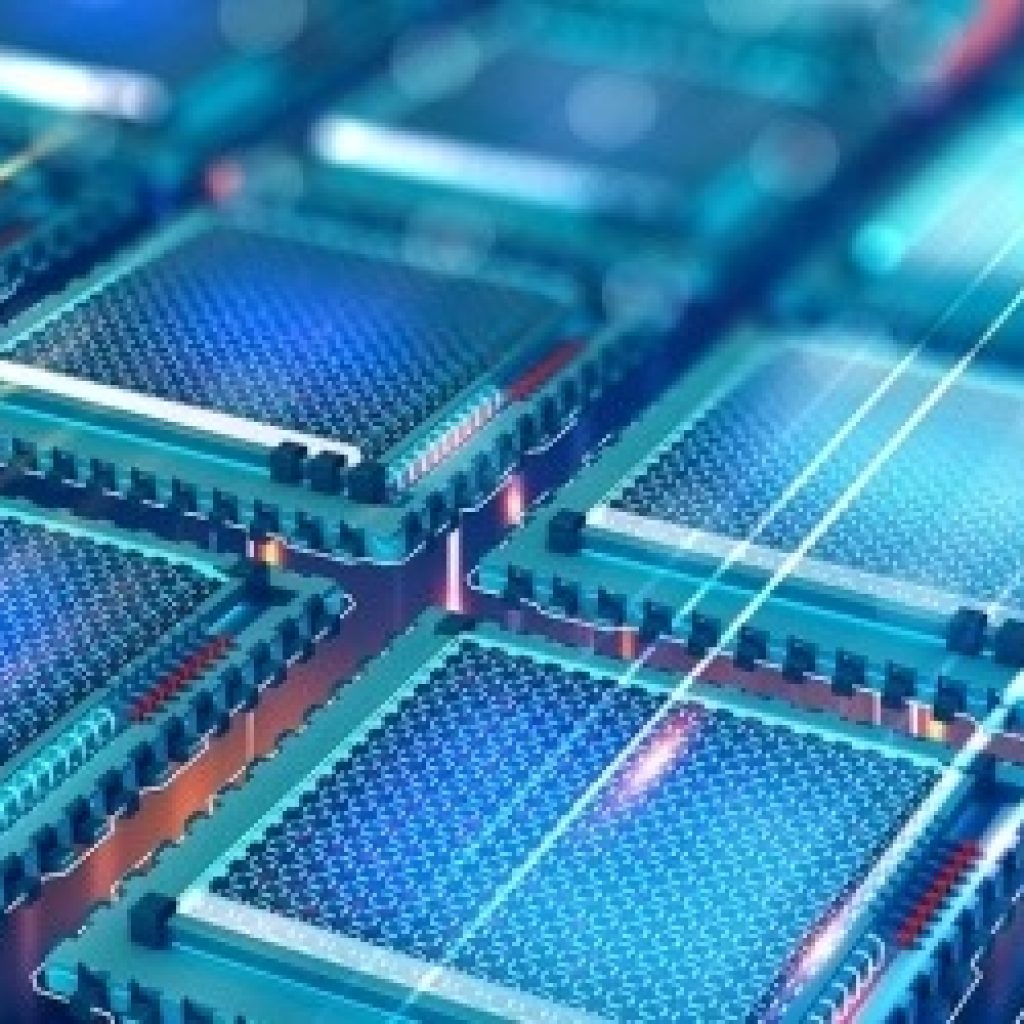(ScientificAmerican) Decoherence is a major hurdle to overcome before quantum computing becomes a staple technology.
The use of quantum states also leaves the quantum computer much more vulnerable to errors than a classical computer would be. These errors arise from decoherence, a process in which the environment interacts with the qubits, uncontrollably changing their quantum states and causing information stored by the quantum computer to be lost.
Decoherence could come from many aspects of the environment: changing magnetic and electric fields, radiation from warm objects nearby, or cross talk between qubits. Quantum scientists have their work cut out for them in wrangling all of these potential sources of decoherence.
Quantum measurement exploits exploits rather than laments a quantum state’s extreme sensitivity to its environment. The purpose of quantum measurement is to use superposition and entangled states that are much more sensitive to the environment than regular, classically behaving states. The higher sensitivity of these states allows us to measure the environment more precisely than we would otherwise be able to.
the underlying physics of why decoherence happens, i.e., interactions with the environment, is exactly why quantum measurement works in the first place; we just have to be clever about how to design the experiment so that the measurement is sensitive to the thing we are trying to measure, but not to the rest of the environment.
Decoherence Is a Problem for Quantum Computing But Also Makes Quantum Measurement Possible
